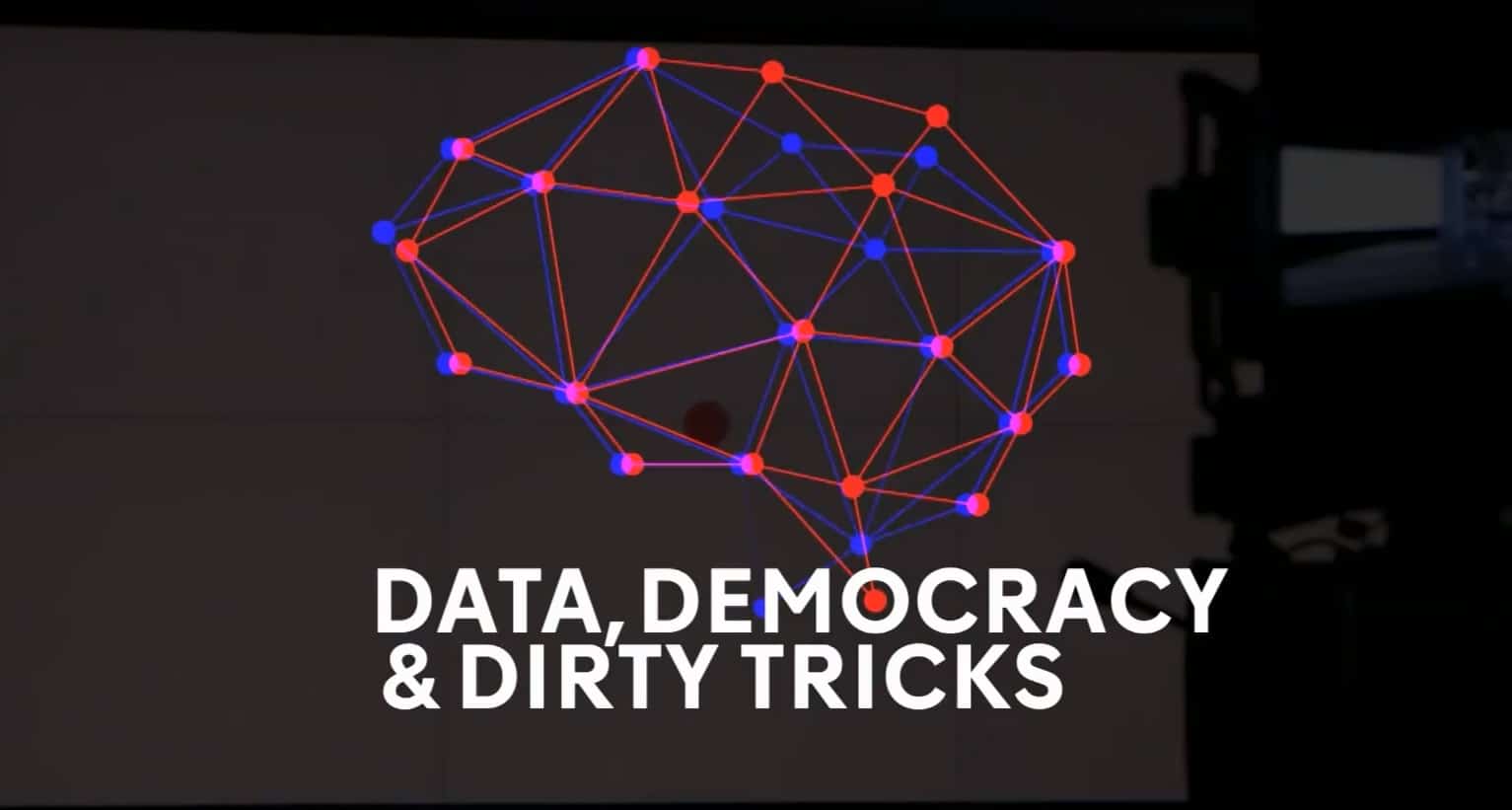This week served up a sober reminder of how the majority of the world’s population don’t recognise that they are sharing valuable information through online social platforms and even more worryingly, they aren’t aware that their information is being used to influence their behaviour with false messaging.
If you haven’t yet seen this compelling story unfold, I strongly recommend you
watch this short explainer video immediately. Essentially, UK-based data analytics firm Cambridge Analytica has been influencing the outcome of political elections around the world by harvesting non-public user information on Facebook and manipulating election narratives (and by extension election results). Their handiwork has been claimed to have influenced the outcomes of the US Election, the Nigerian Election and Brexit in the UK. They achieved this by creating propaganda which feeds the views held by the Facebook users whose data they mined. You can see in this
undercover video the CEO describing how he has used tactics like fake news and Ukrainian prostitutes to derail opposition candidates.
That’s just marketing right?
For decades Marketers have been charged with ‘getting to know their customers better’ with a view to creating content which is ultimately going to change their behaviour. For the past few years social media platforms, public and private data sources have all enabled marketers to understand and influence their customers quickly, efficiently and at scale. Marketers have also been known to bend the truth from time to time when trying to persuade people. So what is different about this?
Well, no. The lies are bigger, the extraction of private data illegal and/or unethical, and the impact on society is significant. We are talking about a country’s population electing leaders based on information which was untrue and carefully designed to stimulate emotions and beliefs which we thought we’d kept private.
What will happen?
Authorities are probably too late to the game on this particular scandal to fully understand what laws have been broken and who to punish. However, like Watergate, this should stir governments around the world into drawing clear legal and ethical lines for data-gathering organisations to follow, marketers to adhere to and users to be aware of.
Many media commentators and media-savvy individuals are already declaring the death of Facebook and leaving the platform. Within days of the scandal breaking a movement emerged on (of all places) Twitter, calling on folk to #DeleteFacebook. Even the founder of WhatsApp, ironically since bought by Facebook, has publicly deleted his account. But I can’t help thinking that this will pass as just another crisis for Zuckerberg to manage and not touch the radar of the majority of their loyal 2.2 billion monthly active users.
Governments will need to invest in public awareness campaigns around data privacy but for most of the ‘status update’ junkies, their photo albums, global communication network and message history will inevitably prove too much to give up. No, in my opinion, it’ll take another, better social platform to ever take down Facebook.
Marketers need to wise-up on the delicate balance of using but not intruding with customer data. If a customer has knowingly volunteered their information and understands they may see tailored marketing messages as a result, then fine. Customer data has tremendous value to an organisation and if the customer gets a better experience / offer / product as a result then that’s progress. Anything else is just scandalous and users should vote with their thumbs.

